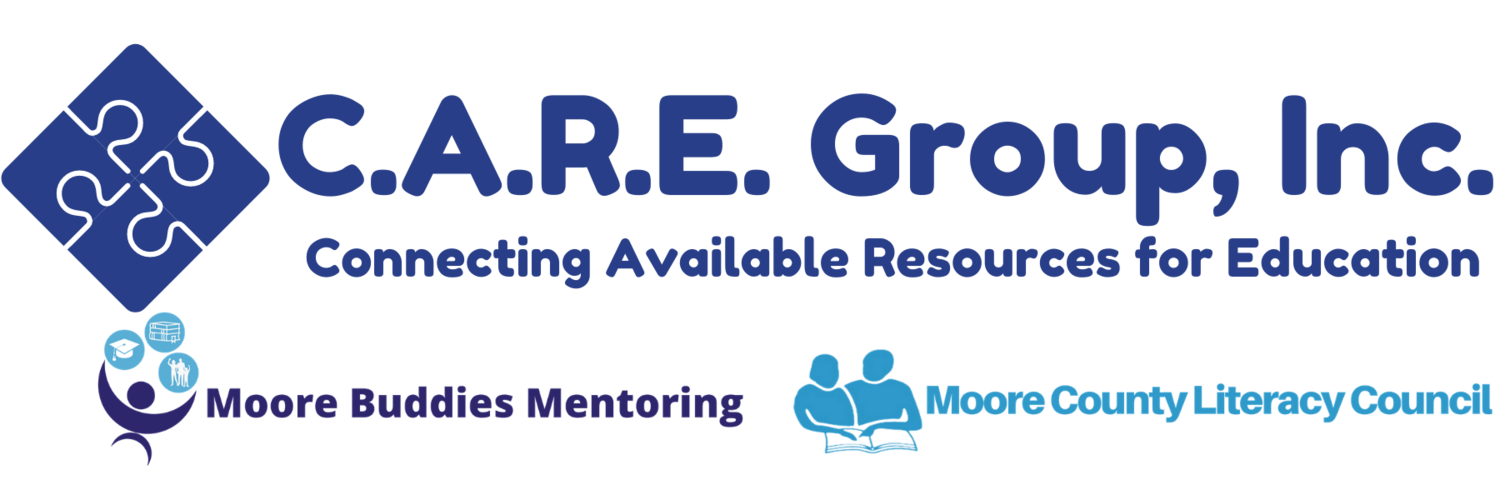Become A Tutor
What Makes a Good Tutor?
A good tutor for low-literacy and English Language Learner (ELL) adults possesses a unique blend of empathy, patience, and adaptability. Our tutors understand the diverse backgrounds and challenges their learners face, and they approach each tutoring session with a non-judgmental and supportive attitude. They recognize the personal and cultural factors that may affect a learner’s educational experience and are skilled in creating a safe, encouraging environment that fosters trust and openness.
Effective tutors for this demographic are also characterized by their innovative teaching approaches. They employ a variety of instructional strategies that cater to different learning styles and paces, ensuring that the material is accessible and engaging. This might include the use of visual aids, interactive activities, or real-life applications of literacy skills. Additionally, successful tutors are lifelong learners themselves, often seeking out new educational tools and methods to enhance their teaching practices. Their commitment to their own education not only keeps their skills sharp but also inspires their students to embrace a similar love of learning. These qualities, combined with a genuine passion for educational empowerment, define what makes a good tutor for low-literacy and ELL adults.
Benefits of Tutoring
Volunteering as a tutor for adult learners, particularly those with low literacy or who are English Language Learners (ELLs), offers a wealth of rewarding benefits. Tutors gain the profound satisfaction of directly impacting the lives of adults by helping them achieve personal and professional goals, from securing better employment to engaging more fully in their communities. This type of volunteering fosters deep human connections, bridging cultural and linguistic gaps through shared educational experiences.
Beyond the emotional and social rewards, tutors also benefit professionally and personally. They develop key skills such as leadership, communication, and problem-solving, which are transferable to any career path. Additionally, the experience of teaching adults can enhance a tutor's patience and adaptability, traits that are highly valued in all aspects of life. Tutors often find that the process of teaching reinforces their own knowledge and skills, leading to a deeper understanding and mastery of various subjects. This reciprocal relationship between tutor and learner enriches both parties, making volunteering a truly transformative experience.
Why is Tutoring Low-Literacy and ELL Adults Important?
According to the National Coalition for Literacy, approximately 43 million adults in the United States — about 21 percent of the adult population — possess low literacy skills, which significantly limits their ability to perform daily tasks and access employment that provides a livable wage.
Furthermore, ProLiteracy highlights that low literacy levels are directly linked to higher unemployment rates, poorer health outcomes, and reduced economic and social mobility.
In the context of English Language Learners (ELL), statistics from the Migration Policy Institute indicate that as of 2018, there were about 25.1 million individuals in the U.S. who reported limited English proficiency, underlining the critical need for language and literacy education to support their integration and success in society.
These statistics underscore the importance of tutoring programs for low-literacy and ELL adults, as they play a vital role in enhancing their life opportunities and contributions to the community.
Click above to watch an MCLC student talk about how important it has been for him to improve his literacy skills. (Videographer Hannah Sharpe won first prize in the North Carolina Press Association’s annual competition for this video. We appreciate The Pilot’s and Ms. Sharpe’s permission to use the video.)
Click above to watch tutor Joyce and student Rayza about thier experience working together.
Click above to watch an MCLC student and her tutor as they describe the difference that literacy training has made in her life. (Thanks to The Pilot and Hannah Sharpe for permission to use this video.)
Become A Tutor
Contact us to learn more about becoming an Adult Literacy Tutor.
Judith Douglas, Adult Literacy Programs Coordinator
judith@mcliteracy.org
You can also call our office at 910-692-5954 for more information.





